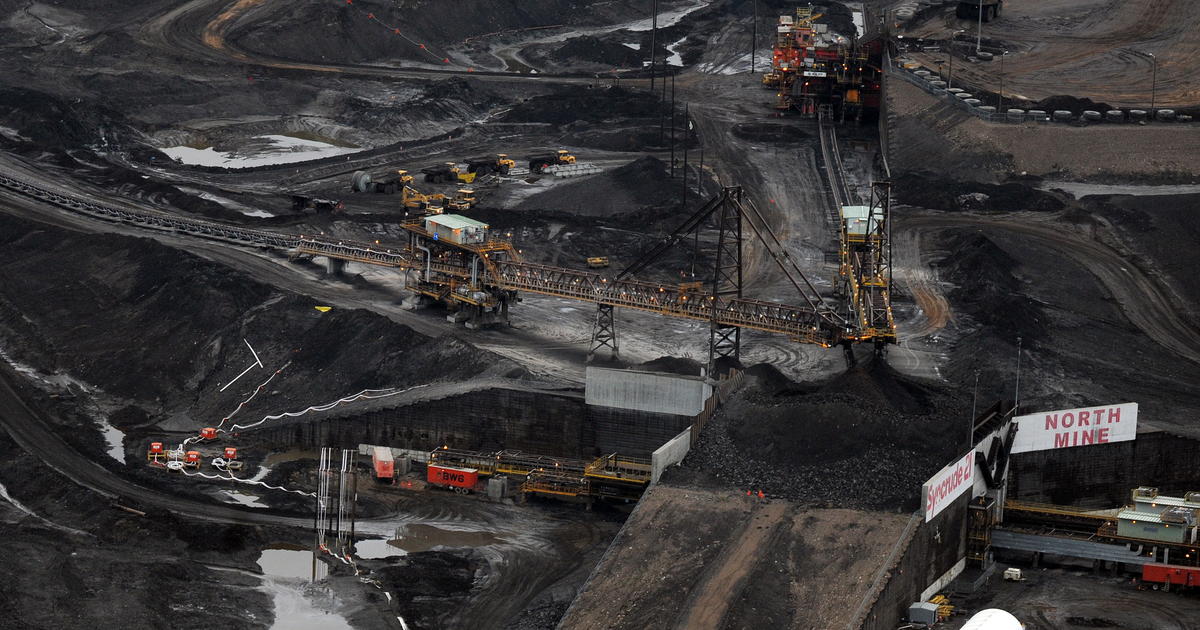NACE TM0177 Shale Gas Corrosion Resistance Testing
The NACE TM0177 standard is a critical tool used in the oil and gas industry to evaluate the corrosion resistance of materials intended for use in shale gas environments. This testing method is particularly important as it helps ensure that the equipment and materials used in shale gas operations can withstand the harsh conditions found underground, which are characterized by high pressure, elevated temperatures, and aggressive chemical compositions.
The test involves exposing a specimen to a simulated environment that closely mimics actual shale gas conditions. The process is conducted at a controlled temperature of 135°C (275°F) with a relative humidity maintained between 90% RH and 100%. The specimens are exposed for up to 48 hours, after which they undergo visual inspection, mass loss measurement, and metallographic examination. These steps help in assessing the integrity of the material under the conditions it will encounter during operation.
The significance of this testing method cannot be overstated as it plays a crucial role in preventing costly downtime and ensuring safety in shale gas operations. By using NACE TM0177, operators can select materials that are not only durable but also capable of withstanding the specific challenges posed by shale gas environments.
The standard is widely recognized for its reliability and accuracy, making it a preferred choice among quality managers, compliance officers, R&D engineers, and procurement specialists. The testing process provides detailed insights into how materials will perform in real-world conditions, which is invaluable for decision-making processes within the industry.
Applied Standards
| Standard | Description |
|---|---|
| NACE TM0177 | This standard specifies a method for determining the resistance of materials to corrosion in simulated shale gas environments. It involves exposing specimens to controlled temperature and humidity conditions, followed by detailed inspection. |
Benefits
- Evaluate material integrity before deployment in shale gas environments.
- Avoid costly downtime and operational disruptions by selecting corrosion-resistant materials.
- Promote safety and compliance with industry regulations.
- Enhance the reliability of equipment used in shale gas operations.
Quality and Reliability Assurance
- The testing process is conducted under strictly controlled conditions to ensure accuracy and reproducibility.
- Specimens are thoroughly inspected using advanced microscopy techniques to identify any signs of corrosion or degradation.
- Data collected during the test is analyzed in detail, providing comprehensive insights into material performance.





